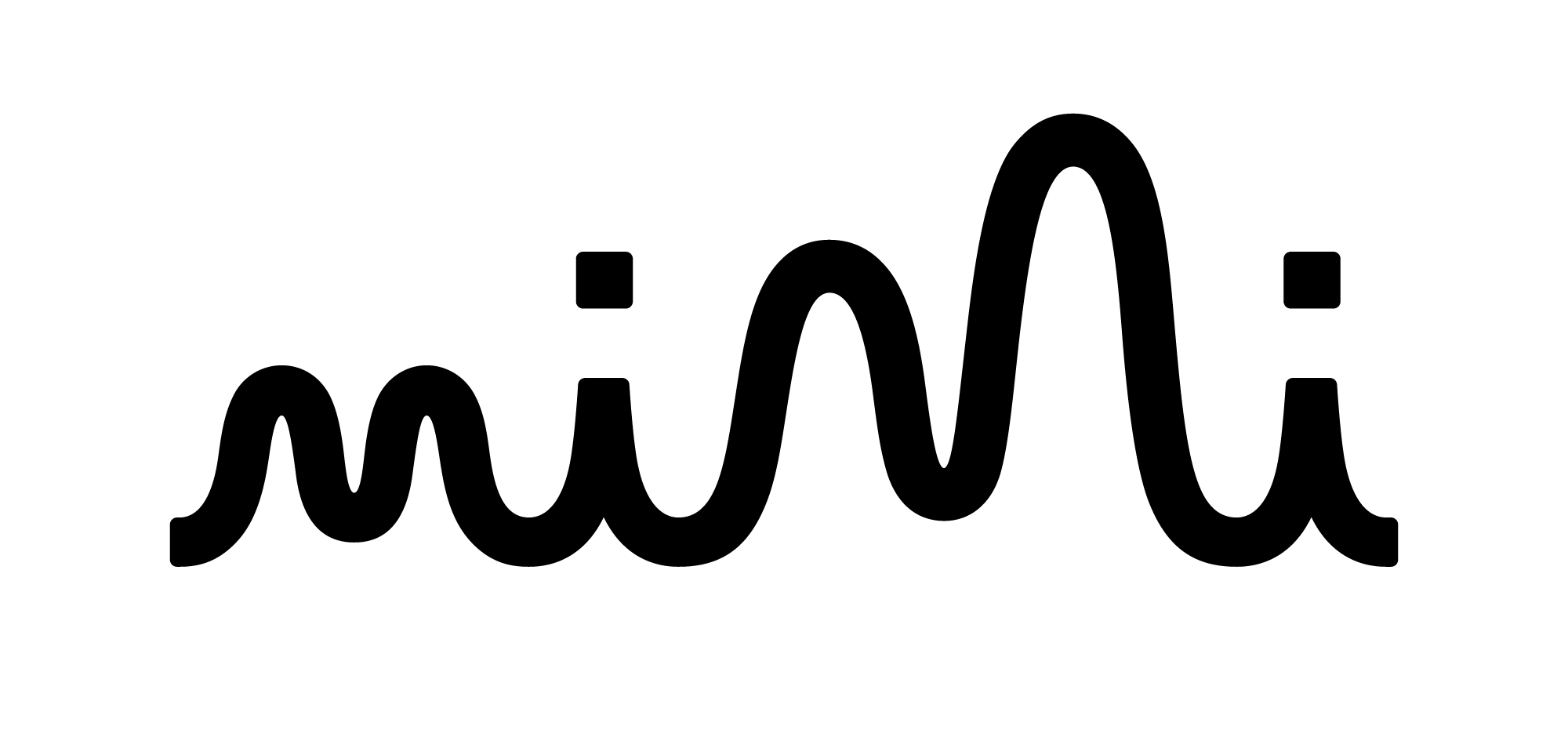Happy World Hearing Day!
Today is a day to raise awareness of the potential risks to our hearing and promote ways in which we can use technology to prevent deafness and hearing loss all over the world. Hearing is one of the most important senses of the human body, and not just for the obvious reasons. When it comes to our general wellbeing, our hearing plays a major role. Sounds and music trigger emotions, and in turn stimulate the brain to release happy hormones. Studies show that making music with others can train memory, promote children’s social skills, and reduce the levels of the stress hormone, cortisol. Currently, more than 466 million people suffer from hearing loss, including more than 34 million children, and according to the World Health Organization (WHO), this number will rise to over 900 million people worldwide by 2050. Diseases, ear infections, medication, genetic causes, and high noise exposure can all be potential triggers. But everyday situations such as traffic, listening to loud music, making long phone calls, and staying in large city centers, all take their toll on the health of hearing.
So, how do we raise awareness for this important issue? A perfect example of helping people recognize these risks is our friends at the Good Hearing Initiative, and their message simply stresses the importance of awareness itself. In the past few days, they have taken measurements during daytime and in the night from 2nd to 3rd the put it there with washable, bio-degradable chalk, graffiti the corresponding decibel number onto the ground of various public places. The initiative aims to encourage people to think about noise in their immediate environment, and how it affects their hearing. It also provides an opportunity to work together to change the way we communicate about hearing and raise awareness in all age groups. The Good Hearing Initiative is bringing people together in the name of better hearing using their background in political science and history and driven by data and their human-centered approach. Their overall vision is to provide local health care providers in underserved regions of the world with free mobile hearing testing technology adapted to local needs and to communicate hearing health in an appealing manner. They are currently developing a pilot project with organizations in Brazil. For more information, visit thegoodhearing.org

